Amine El Assouri, Stalks
In an increasingly competitive educational landscape, ensuring quality follow-up for graduates has become a priority for institutions wishing to retain their certification. The strategies adopted by schools to maintain links with their former students during the three years following graduation are diverse and innovative. From the adoption of advanced digital platforms to the implementation of personalized mentoring programs, these initiatives demonstrate the commitment of educational institutions to the professional success of their graduates, while meeting the requirements of certification bodies.
In today’s environment, where the value of a degree is often measured by the professional success of its graduates, higher education establishments are investing significantly in post-graduation follow-up. This follow-up is essential to maintaining the schools’ certification, and is part of a process of continuous improvement in the quality of teaching and support offered to students. By adopting diversified strategies and using the latest technological innovations, schools seek to optimize the career paths of their graduates, thus testifying to the excellence of their educational programs.
The challenges of post-graduation follow-up
Post-graduation follow-up plays a crucial role for educational institutions, serving to measure the impact of their teaching on the dynamics of the job market and to increase their attractiveness to new generations of students. Extending over a three-year period after graduation, this approach provides institutions with a solid basis for assessing the effectiveness of their programs in terms of professional integration. The feedback obtained enables them not only to fine-tune teaching content, but also to align their curricula with industry expectations and economic trends, thus ensuring that their training offer is perfectly aligned with current and future job market needs.
Data collection methodologies
The methodology for collecting data on graduates’ career paths encompasses a variety of techniques, among which online surveys, telephone interviews and the use of alumni platforms stand out. Online surveys enable a wide dissemination and efficient gathering of varied information on graduates’ current professional situation, while telephone interviews offer a more qualitative and personal perspective on their post-graduation experience. Alumni platforms, meanwhile, facilitate ongoing follow-up, encouraging former students to share their professional successes and stay connected with their alma mater. Together, these tools don’t just chart the course of graduates; they also provide institutions with valuable data to evaluate and improve the relevance and effectiveness of their teaching programs.
Mentoring and digital technologies to support graduates
To optimize the professional integration of their graduates, the schools deploy mentoring and coaching programs enriched by the strategic use of digital technologies. These combined initiatives offer alumni the unique opportunity to draw on the experience and advice of seasoned professionals in their sector, while promoting knowledge sharing and the development of solid professional networks. Online platforms dedicated to alumni play a central role in this approach, serving as a bridge for sharing opportunities, networking and accessing key resources for career development. By facilitating communication and providing valuable data for curriculum analysis, these digital tools and support programs work together to support graduate success and enhance the overall effectiveness of the education provided.
Conclusion
Graduate tracking is an essential pillar for educational establishments wishing to maintain their certification and demonstrate the effectiveness of their educational offering. Through rigorous data collection methodologies, personalized coaching programs, and the judicious use of digital technologies, schools can not only track the progress of their graduates, but also continuously improve the quality of their teaching. These efforts demonstrate the institutions’ commitment to supporting the professional success of their graduates, reinforcing their reputation and attractiveness to new generations of students.



